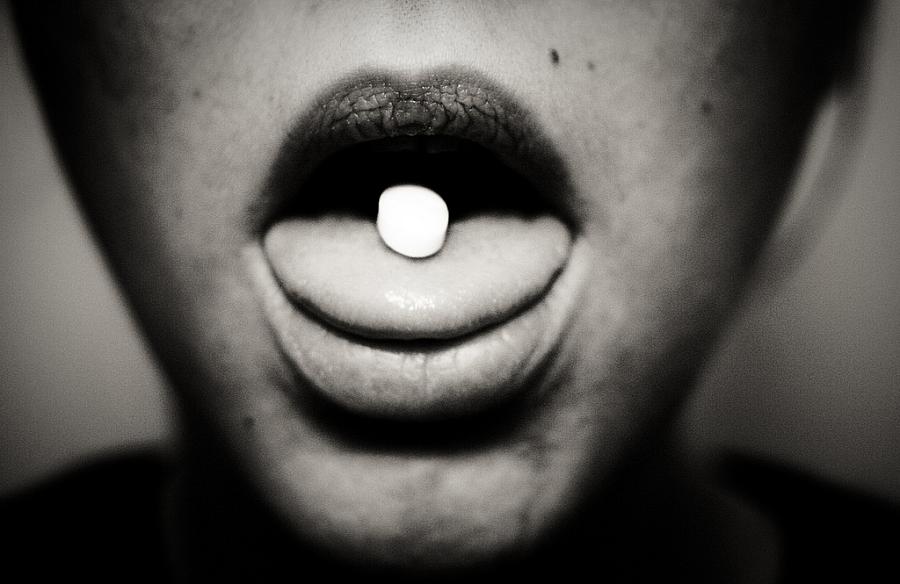The Shadow Practice: Pharma wholesaler's slippery business model begs for scrutiny

When a company tries to mimic a well-known and respected brand, health journalists should be suspicious.
Take The Harvard Drug Group. Most people hearing about a pharmaceutical wholesaler with that name might assume that it was affiliated with Harvard University. Looking at its website and seeing that its crimson shield logo is a variation of Harvard's crimson shield logo would seem to confirm that assumption.
But, in fact, there is no connection between the two.
Harvard Drug, based in Livonia, Mich., has built a business model around the idea that people will mistake it for an offshoot of one of the world's most prestigious universities.
Some people sell counterfeit purses and knock-off running shoes. Others start companies that crib another institution's integrity.
Harvard Drug, as regular readers of Antidote will know, figured prominently in The Shadow Practice series I started last year. It was the chief supplier of drugs to Dr. Harrell Robinson for the bogus Madre Maria Ines Teresa Health Center in Santa Ana and for Robinson's other clinics, including Hills Surgical Institute in Anaheim Hills.
The U.S. Drug Enforcement Administration (DEA), in going after Robinson and one of his colleagues, Dr. Scott Bickman, used testimony from Harvard Drug employees to impugn the two doctors. The DEA stripped both of them of their ability to prescribe controlled substances.
But perhaps Harvard Drug was hiding secrets of its own behind that crimson shield.
In April, the company agreed to pay up to $8 million to settle federal charges that it had helped divert addictive painkillers to doctors and patients who had no intention of using them for therapeutic purposes. This helps explain why someone such as Robinson could have hit his limit for ordering painkillers with his own DEA registration and then be allowed by Harvard Drug to hastily turn in another doctor's DEA registration and start ordering drugs again.
The company says on its website that the multi-million-dollar fine would "resolve all DEA claims related to the company's alleged failure to maintain effective safeguards against the diversion of particular controlled substances. Harvard Drug did not admit to any wrongdoing and cooperated fully with the investigation".
"The goal is to better identify orders emanating from customers licensed by the DEA and State Boards, who are nevertheless engaged in or likely to engage in suspicious or potentially illegal activity," said Leonard Lewis, the company's director of regulatory compliance in a press release.
Reporters should hold Lewis to his word. Too little attention is paid to middlemen companies such as Harvard Drug. There's a new campaign sponsored by Blue Cross Blue Shield of North Carolina called Let's Talk Costs. It invites people to "pick a scapegoat" for the health care crisis. It's a clever, intuitive and civil way to engage people in the health care debate. The campaign is playing on the idea that it is easy to vilify doctors, insurers, attorneys, hospitals, and drug companies. These are just the public faces of a complicated health care network. There are players in this network who can make gold out of every medical gripe and yet you will never read about them.
Harvard Drug and its kin need to be put under the journalistic spotlight. Perhaps from now forward, the company will do everything perfectly, but the damage that has been done under the group's name should be examined for patterns that likely are being repeated by other companies nationwide. Look for a Yale or a Princeton or Stanford near you. (I just tried it myself and found a Yale Pharma Worldwide with a website designed by someone who, I am guessing, did not attend Yale.)
Antidote spoke at length with Dr. Bickman and will be posting a multi-part interview with him about his experience with the DEA, his business dealings with Robinson and his insights into Harvard Drug's operation. It certainly casts a new light on some of the health care mules who do most of the dirty work while the scapegoats get all the blame.
Read more posts from the Shadow Practice series.
Have an idea you'd like to share? Write askantidote@gmail.com.
You can follow Antidote on Twitter @wheisel.
Photo credit: Emma Danielsson via Flickr

